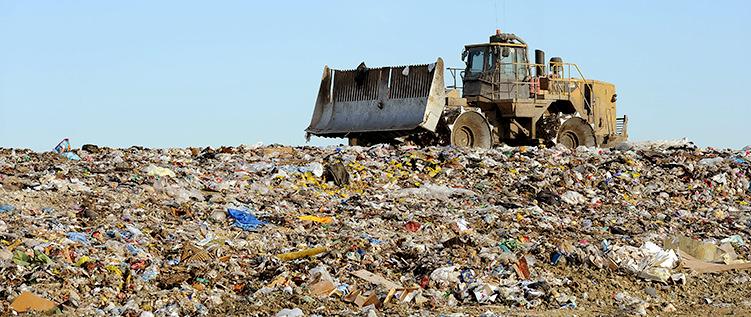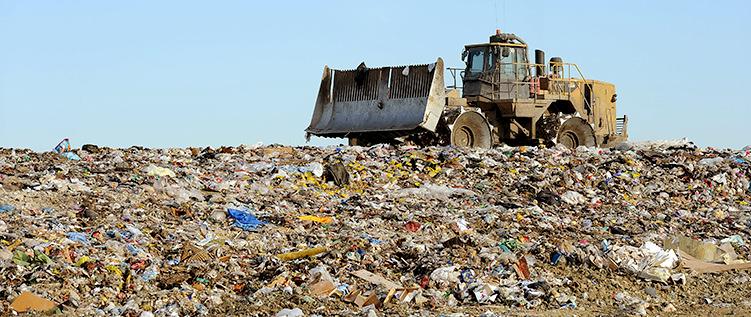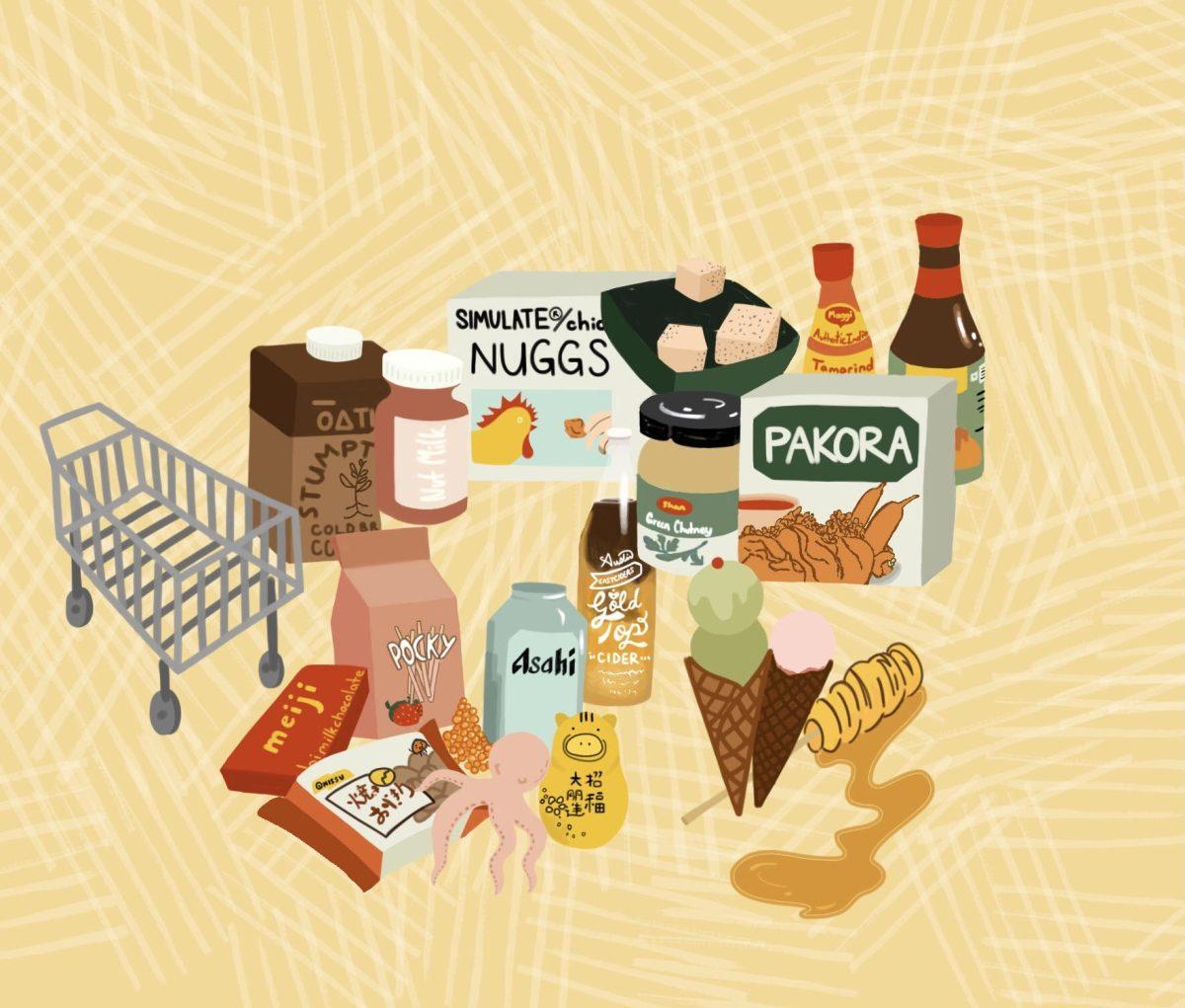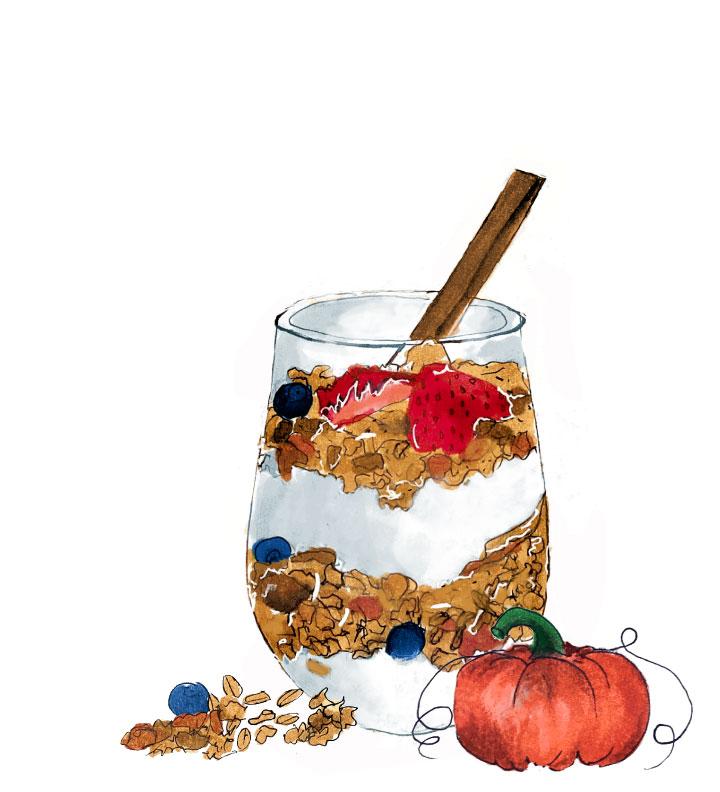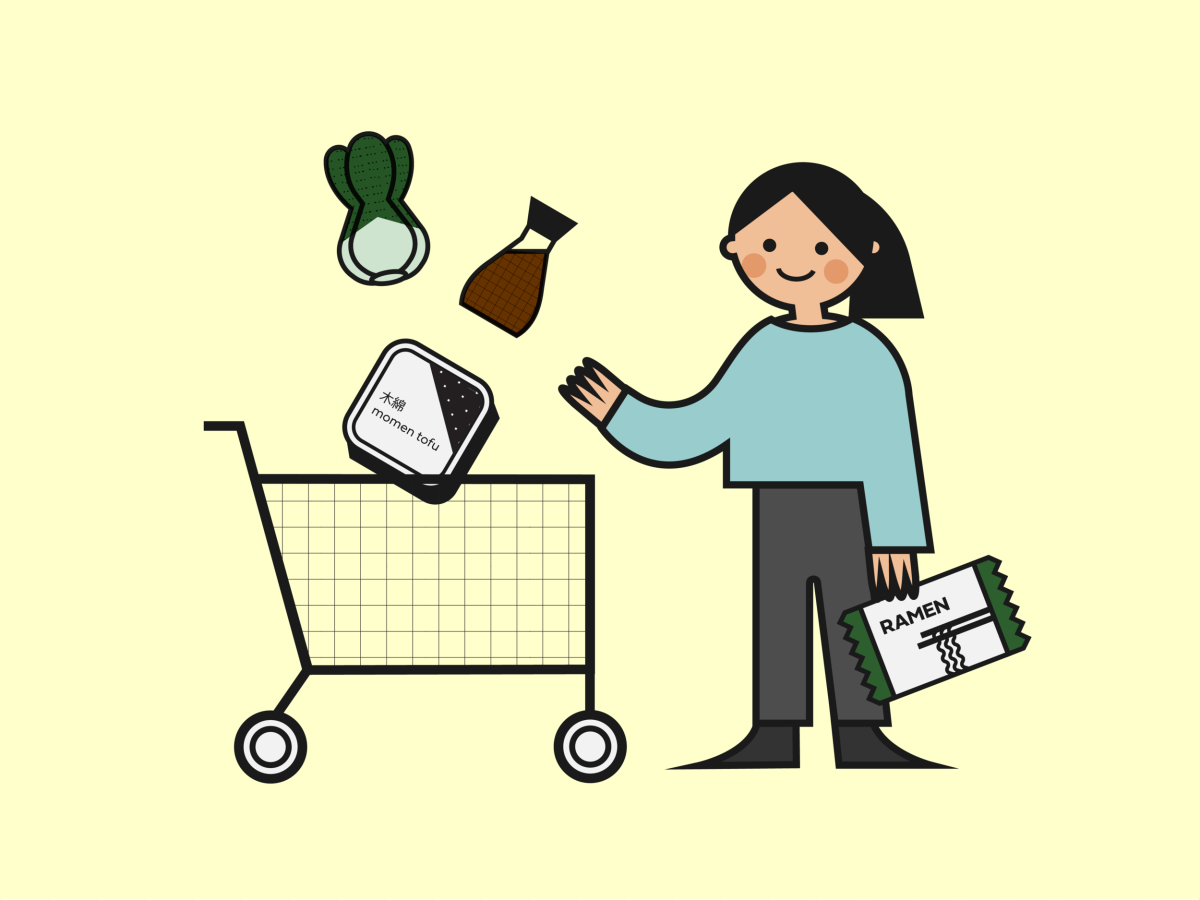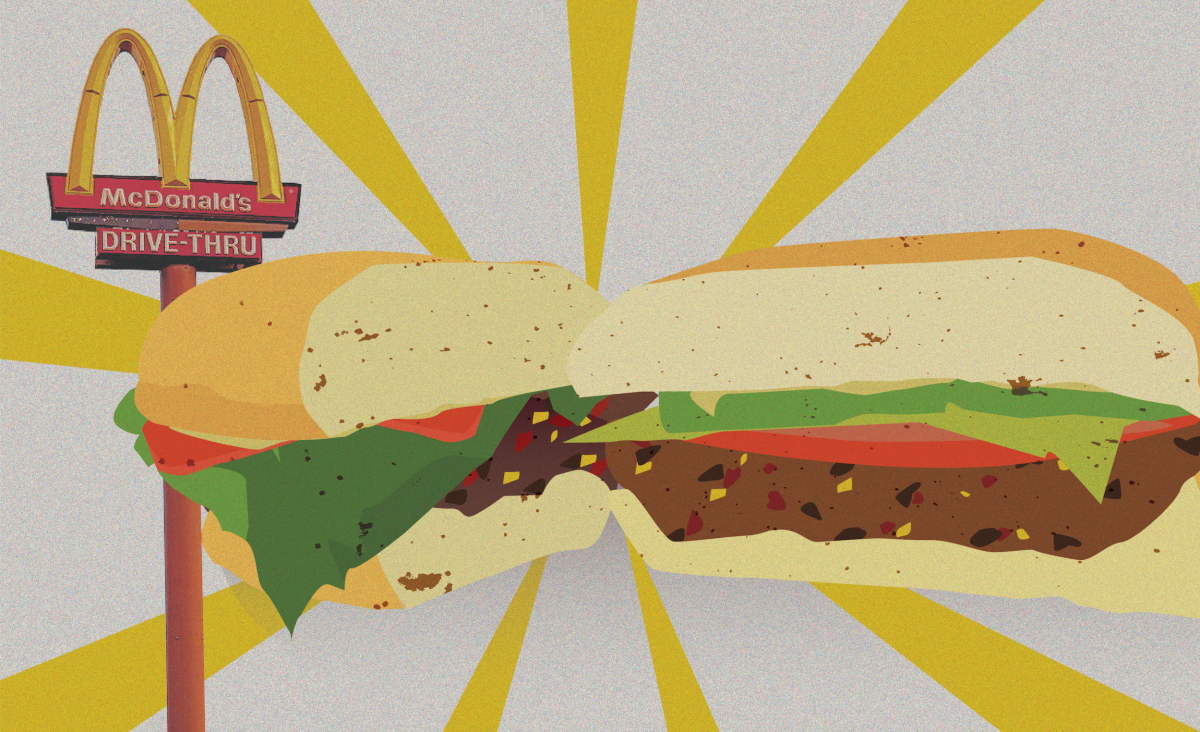Photo courtesy of Texas Disposal.
The garbage problem is a big environmental issue, but not one that can’t be helped. Follow these few tips to lessen your individual littering.
Story by Rochelle Friedewald
According to the Environmental Protection Agency (EPA), the average American produces more than 4.4 pounds of garbage per day, which is over two pounds higher than the global average. In the course of a year, trash produced by the United States is enough to reach to the moon and back 25 times—that’s around 6.9 billion feet of garbage.
This issue just about household trash building up, it goes pollutes the Earth when it ends up in landfills. Landfills are the most common form of waste management and the one most widely used all over the world. While certain EPA restrictions help prevent landfills from contaminating water supplies, little can really be done about the massive amount of air pollution a giant, decomposing garbage pile produces. As waste is broken down, harmful greenhouse gases like methane and carbon dioxide are released into the atmosphere, adding to global warming and leading to health problems for people living near the trash site.
So what can you, one person, do about the over 3,000 active landfills in the U.S.? Simply changing a few daily habits can make a world of a difference.
Eat everything off on your plate
The largest portion of trash going into landfills is actually just food scraps. The easiest way to mind your garbage production is to lick the plate clean at every meal. One of the best ways to do this is to serve yourself realistic portions when you sit down for a meal. Examine your pantry and fridge every week or so and keep an eye out for canned goods and unopened food packages – instead of throwing out the can of pinto beans you know you’ll never eat, take a trip to the Central Texas Food Bank and donate it to the less fortunate.
Avoid plastic at the grocery store
Austin has already implemented environmentalism in grocery stores—the plastic bag ban encourages consumers to reduce their carbon footprint. Consider taking this a step further. Eliminate extra plastic bags when you pick out your fruits and veggies because let’s be honest, do you really need another plastic bag to hold the four apples you’re taking home and immediately putting in a fruit bowl? It might seem unsanitary to put perishables directly in a shopping cart, but that’s just an extra reminder to wash your fruits and veggies. Also try buying less packaged goods, especially individually packaged snacks like chips and crackers. Not only will you be reducing plastic waste, you’ll be eating less junk food, too.
Make your coffee eco friendly
I know most of us can’t make it through the day without a morning coffee fix. Don’t worry, environmentalism doesn’t mean you have to give up caffeine. Instead of grabbing coffee in a paper Starbucks cup everyday, bring your own cup from home. You could personalize a cute design on a portable mason jar and ask the barista to fill it up with your favorite drink every morning. You’ll look trendy while being eco-friendly!
Shop vintage or thrift
Austin is the perfect city to express your inner environmentalist with a wardrobe of second-hand outfits. Not only will you find retro, one-of-a-kind pieces at the quirky vintage shops and cheap thrift stores, you’ll be reducing your carbon footprint because a lot of garbage and water pollution are produced by the retail industry. According to researchers at the University of New South Wales, the tiny microfibers that make up the clothes we wear contribute to about 85% of the water pollution on our ocean shorelines. Simply buying a single shirt from a vintage or secondhand store instead of a Forever21 could make a difference. It takes about 2,720 liters of water for the retail industry to produce one cotton shirt—that’s 3 years worth of drinking water.
Recycle, recycle, recycle
Of all the tips on this list, this might be the most obvious yet most important one. Seek out products that advertise recyclability and remember to separate your trash and clean out any food scraps before you recycle cans or plastic. Even the small act of tossing your paper and plastic waste in that blue bin makes an impact. In 2014, the EPA estimated 87.2 million tons of waste weren’t dumped in landfills because of recycling and composting efforts. That amount translates to roughly 186 million metrics tons of carbon dioxide that didn’t enter the air, or, according to Salon.com, the equivalent of taking 39 million cars off the road.
Environmentalism feels like one of those issues so huge it’s impossible to tackle. The ice caps are melting, the rainforests are getting chopped down, and students may wonder what they can do amidst so much environmental destruction.They say the first step to solving a problem is admitting that there is one, and realizing your own personal impact on the planet is the start of doing something about it.
If you cut your garbage production in half, you’re saving 803 pounds of garbage a year from polluting the Earth. Imagine would that number would look like if we all decided to reduce our trash production? There is no quick fix to global warming, pollution or any other environmental issue, but there are ways you and your friends can do something to help. Start a compost in your backyard, commit to using less disposable goods, research the environmental impact of all the companies to put your dollars into. Who knows, little steps like this might lead to.































